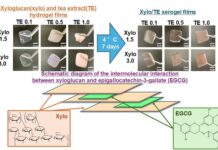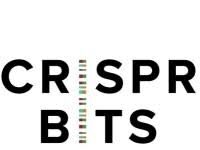A recent study published in Nature Immunology explored how sodium (Na+) ions directly impact cytotoxic CD8 T cells, enhancing their antitumor activity.
Cytotoxic T cells play a key role in antitumor immunity, but their function can be compromised by the tumor microenvironment (TME). While extracellular ions like potassium (K+) are known to affect T-cell functions, the influence of sodium ions on these cells’ antitumor capabilities was unclear.
Researchers analyzed the effects of sodium ion concentrations on cytotoxic T cells and their immunological responses to tumors. Using breast cancer tissue samples and adjacent healthy tissues, they measured sodium and potassium levels, finding elevated Na+ in the tumor microenvironment. They also studied transcriptomic changes in T cells exposed to high sodium chloride (NaCl) concentrations and found significant alterations in gene expression, linked to increased T-cell activity.
As reported by news-medical.net, through various tests, the researchers demonstrated that higher NaCl levels led to greater activation of cytotoxic T cells by enhancing metabolic fitness, driving tumor cell death both in vitro and in vivo. Sodium was found to influence key molecular pathways, including mTOR, TNF, IL-2, and PD-1 signaling, all of which contribute to T-cell activation.
Elevated sodium levels in the TME were shown to increase cytotoxic T-cell activity, particularly by enhancing Na+/K+-ATPase activity and membrane hyperpolarization. This amplified the calcium (Ca2+) influx following T-cell receptor (TCR) activation, boosting T-cell cytotoxicity. In mouse models of pancreatic cancer, cytotoxic T lymphocytes activated in high sodium environments significantly reduced tumor growth.
The study suggests that sodium in the TME boosts T-cell metabolic fitness and enhances their ability to kill tumor cells. This discovery opens up new avenues for cancer therapies that could leverage sodium’s effect on T cells, including potential improvements in adoptive T-cell therapies like CAR T cells. Further clinical trials are needed to evaluate the broader therapeutic potential of sodium-based interventions in cancer treatment.























